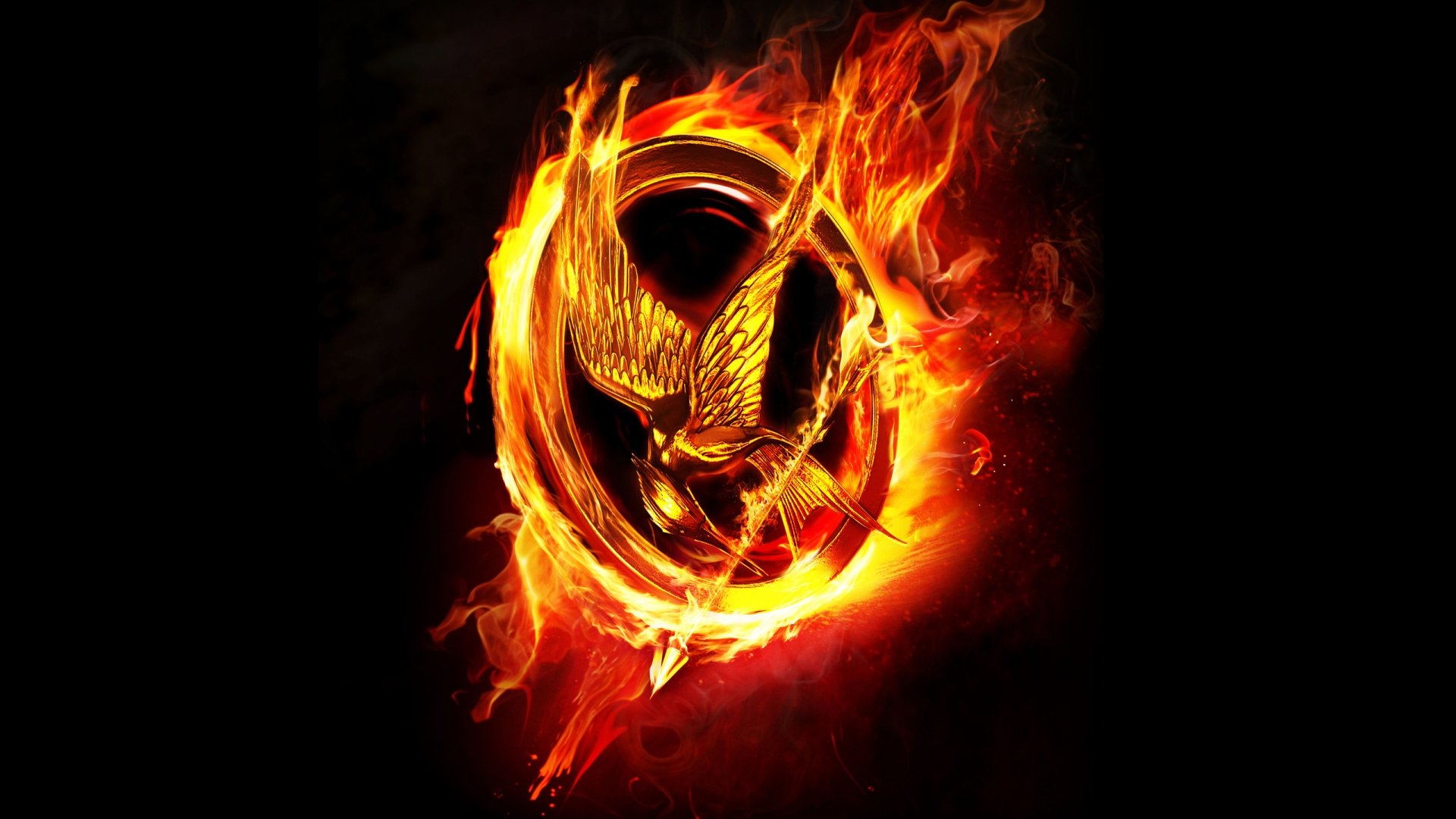With the instant gratification that films provide, the majority of consumers prefer to enjoy stories through the big screen. However, does the slow-burning fascination offered by books trump the sensation that films provide? Lifestyle and Culture writer, Eleanor Smith, explores the best way to experience a story.
Watching a film that is an adaptation of a well-loved book is more of an experience than simply watching the latest blockbuster. The film has a whole new dimension to it. It is both exciting and nerve racking: you are anxious to see how your beloved characters have been interpreted by actors, how the scenes that you have imagined so vividly in your head have been recreated with studios and CGI, and how the story you are so fond of has transferred from your heart to the big screen. As both a bookworm and an appreciator of the film industry, film adaptations leave me with mixed feelings.
In some ways, the very presence of a film version of a book devalues the original. If a person sees the film version of a book first, they are unlikely to then go out and read the book that it was based on, unless they are a real book-lover. Books are not being appreciated in their true form. The author’s plot, characters, and construction of the story is recognised in the film but their writing ability and telling of the story through the power of their words is not. Film adaptations allow you to experience the story in a couple of hours whereas books take a lot more time and concentration. People are more likely then to choose the film over a book if the option is there, especially as technology enables such easy access. The ease, convenience, and practicality of films leaves books underappreciated and devalued.
For me, the film version is never better than the book. Films do not have the same immersive quality that books possess. There are also usually cuts and edits to the author’s material that anger existing fans. In the film adaptation of My Sister’s Keeper, the sister that died in the end changed, altering the whole outcome of the film. In some cases, characters are excluded from the film and the story is altered accordingly. In The Hunger Games, Madge Undersee (the Mayor of District 12’s daughter) is omitted entirely; instead of this character gifting Katniss the Mockingjay pin, an emblem that becomes the symbol for the entire revolution, and for the film franchise itself, Katniss finds it at a market stall. A touching moment is removed and its effect is small but noticeable to existing fans.
Film adaptations do have some distinct advantages. The creation of a film adaptation can add another dimension that books are not capable of: music. While sound can be mimicked in books, music cannot be. David Mitchell, author of Cloud Atlas, regards music as “an extra character that can amplify emotion or subvert it or stitch a narrative together”. Music has the power to transform a scene and evoke emotion, evident in the film adaptation of Cloud Atlas, which received much critical acclaim for its soundtrack.
Some changes made to film adaptations are necessary. In some cases, book are used as more of a source material and a guide, rather than an actual script to be followed scene by scene. When reading a book, you imagine certain characters and scenes and often these are different to how others have interpreted the same descriptions. Filmmakers take artistic license when creating films, using their own, completely valid interpretations to recreate the book. If a book has an established fan base, the filmmaker is not going to want to upset such a large potential audience by making changes that they do not deem necessary to the transfer of the story from page to screen. Filmmakers really have a difficult job. In the Harry Potter series, the filmmakers had a hard task of condensing such an extensive and complex story, with some books over 700 pages in length, into a series of two hour long feature films.
Transferring a story from book to screen is a complex and arduous process. Filmmakers have a vast amount of people to try and please, including the author and existing fans, as well as a new audience. While books and their film adaptations are not necessarily mutually exclusive, I will always prefer books, while still appreciating the value that a film adaptation has.
Eleanor Smith
Image credit: The Hunger Games wikia

